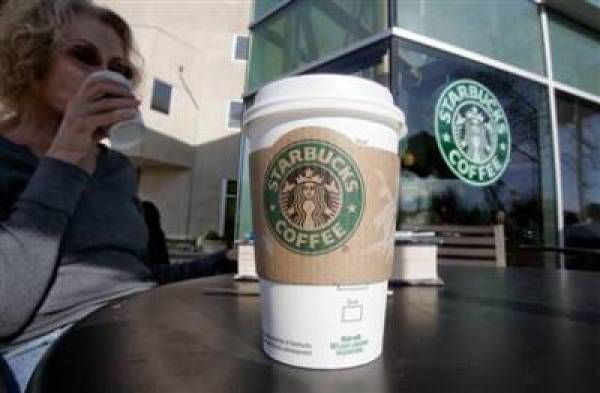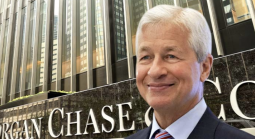Starbucks Doesn't Buck Trend: GM Sinks to Lowest Levels Since 1954

A recession is brewing. Coffee at more than 600 Starbucks stores will stop being brewed as a result. That and rapid fire expansion is being blamed for Starbucks decision to shut down these low-performing stores and, in the process, eliminate thousands of jobs. “We are in a world where, anything discretionary, price becomes an issue,” said Howard Davidowitz, chairman of the national retail consulting firm Davidowitz & Associates Inc. “Starbucks sells a totally discretionary item.” Translation: Individuals will begin "value shopping". The normal price for a short brewed coffee at Starbucks is about $1.50, when Dunkin' Donuts 10 ounce coffee runs for $1.39 and McDonalds' 12 ounce premium coffee is $1.07. Why pay more at Starbucks during rough times when coffee tastes just as good elsewhere? And why buy fuel-guzzling automobiles when you can walk, ride a moped or purchase a more fuel-efficient car? That's the problem facing one of the largest automobile companies, General Motors. Like Starbucks, GM's once high flying business is now taking a nose dive as a result of economic variables. Shares of General Motors have closed below $10 for the first time since Dwight Eisenhower was president of the United States. The shares have ended the day Wednesday at $9.98, down 15.1 percent, their lowest since Sept. 13, 1954. On Tuesday, GM shares surged as much as 12 percent. The automaker reported an 18.2 percent drop in sales from a year ago, but it retained its traditional U.S. sales lead over Toyota Motor Corp., which posted a 21.4 percent decline. GM filing for bankruptcy is “not impossible” if the U.S. auto market continues to slump, Merrill Lynch said on Wednesday. Merrill Lynch analyst John Murphy said in a research note he cut GM to “underperform” from “buy” and lowered his price target for the largest U.S. automaker to $7. June was a dismal month for the industry overall, which posted a 18.3 percent sales drop, according to Autodata Corp. Only Honda, whose lineup is tilted toward smaller and more fuel-efficient cars, managed to report a sales increase for June — slightly over 1 percent. The automakers’ shares have taken a beating in recent weeks, hurt by rising oil prices and a weak U.S. economy, along with a shift in consumer demand away from gas guzzling light trucks and toward smaller, more fuel-efficient cars and crossovers. The US Economy will go into Recession during 2008. The odds of this happening have been set at 34 percent according to the betting trends at Intrade.com "Now I know we're in a recession!" Christopher Dawson posted on the ZDNet.com blog. "When the economy starts to hurt Starbucks, I know we’re in trouble. Fortunately, Dean’s Beans is still going strong, so there is some hope." So when Dean's Beans starts closing stores, does this mean we are officially in a recession? The odds of a recession happening by year's end are relatively low based on betting trends, but not so through 2009, though a recession could still be avoided. Lehman Brothers chief U.S. economist Ethan Harris described next year's scenario as a slow-motion recession. As differentiated from a normal recession in which the financial systems collapse resulting to a slump of the economy, the slow motion recession would not yield two or three negative quarters. Rather, there will likely be two years of below par growth not strong enough to create jobs. "It's kind of chronic rather than an acute pain," Harris said. According to the Labor Department the unemployment rate went up to 5.5 percent in May, which Goldman Sachs predicts will rise further to 6.4 percent by late 2009. Andrew Tilton, economist at Goldman Sachs explained to the New York Times, "The labor market is clearly deteriorating and it's highly likely to keep deteriorating... Clearly, there are more jobs to be lost in housing, finance and construction - hundreds of thousands of more jobs to be lost collectively." ---- Jagajeet Chiba, Gambling911.com Originally published July 2, 2008 5:45 pm EST













